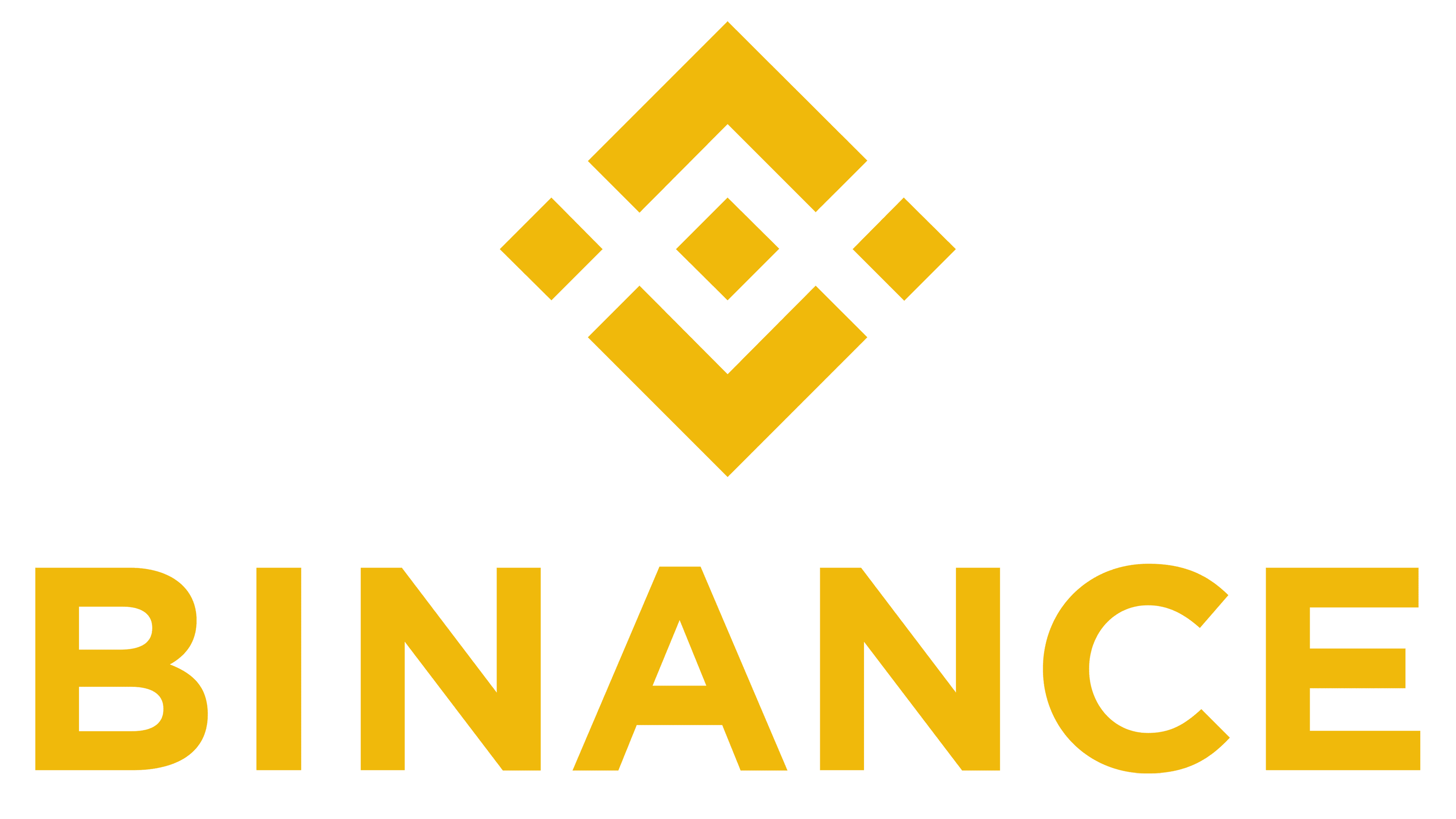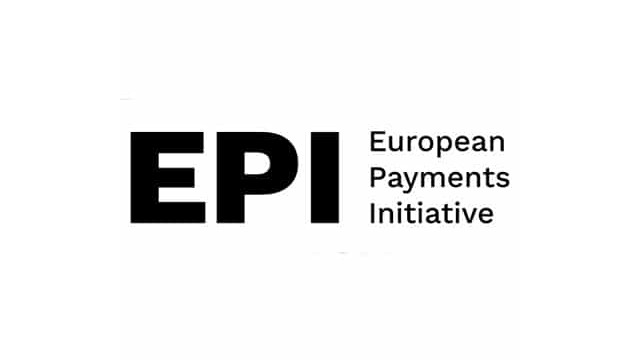The US business of Cryptocurrency exchange Binance has walked away from an agreement for around $1 billion to acquire the assets of bankrupt crypto broker Voyager.
Voyager filed for bankruptcy last year after failing to make payments on $675 million in bitcoin and stablecoin loans to crypto hedge fund Three Arrows Capital.
Amid security concerns expressed by the Security and Exchanges Commission, a New York judge granted Voyager permission to enter into an asset purchase agreement with Binance US back in January.
Voyager on Tuesday tweeted that it had received a letter from Binance US which advised on the termination. The company desceibed the decision as disappointing but said that its chapter 11 bankruptcy allows for direct distribution of cash and crypto to customers via its platform.
“Consistent with the plan, we will now move swiftly to return value to customers via direct distributions,” the company said. “We will provide more information on next steps and any actions customers need to take in the coming days.”
In November 2022, Sam Bankman-Fried-helmed crypto exchange FTX was poised to rescue Voyager after winning a $1.4 billion bankruptcy auction. The deal was not completed before a run on FTX led to its collapse, and Bankman-Fried is now facing charges of fraud and bribery.
Latest News
-
Gemini to cut quarter of workforce and exit UK, EU and Australia as crypto slump forces retrenchment
-
Bank ABC’s mobile-only ila bank migrates to core banking platform
-
Visa launches platform to accelerate small business growth in US
-
NatWest to expand Accelerator programme to 50,000 members in 2026
-
BBVA joins European stablecoin coalition
-
eToro partners with Amundi to launch equity portfolio with exposure to ‘megatrends’
Creating value together: Strategic partnerships in the age of GCCs
As Global Capability Centres reshape the financial services landscape, one question stands out: how do leading banks balance in-house innovation with strategic partnerships to drive real transformation?
Data trust in the AI era: Building customer confidence through responsible banking
In the second episode of FStech’s three-part video podcast series sponsored by HCLTech, Sudip Lahiri, Executive Vice President & Head of Financial Services for Europe & UKI at HCLTech examines the critical relationship between data trust, transparency, and responsible AI implementation in financial services.
Banking's GenAI evolution: Beyond the hype, building the future
In the first episode of a three-part video podcast series sponsored by HCLTech, Sudip Lahiri, Executive Vice President & Head of Financial Services for Europe & UKI at HCLTech explores how financial institutions can navigate the transformative potential of Generative AI while building lasting foundations for innovation.
Beyond compliance: Building unshakeable operational resilience in financial services
In today's rapidly evolving financial landscape, operational resilience has become a critical focus for institutions worldwide. As regulatory requirements grow more complex and cyber threats, particularly ransomware, become increasingly sophisticated, financial services providers must adapt and strengthen their defences. The intersection of compliance, technology, and security presents both challenges and opportunities.
© 2019 Perspective Publishing Privacy & Cookies













Recent Stories